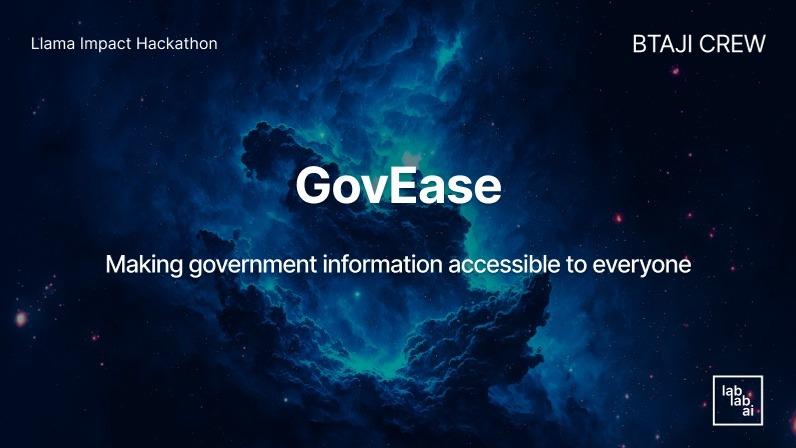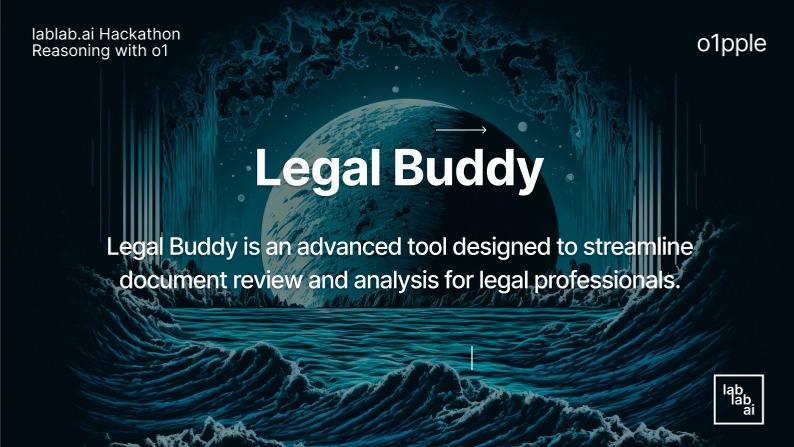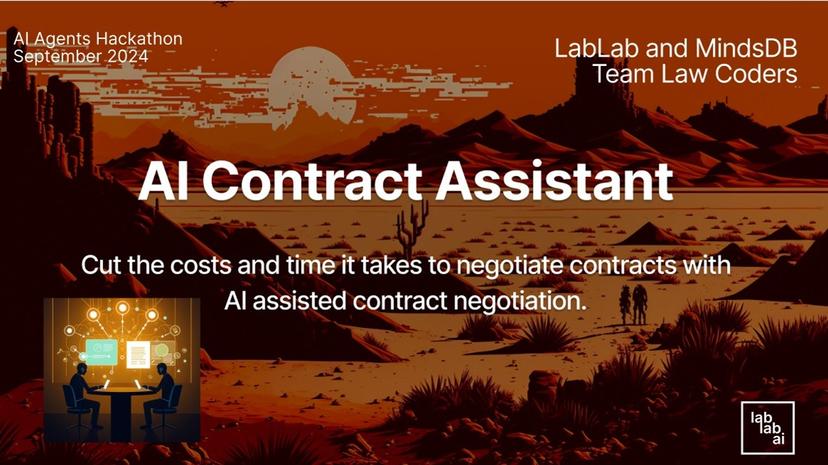🤝 Top Collaborators
🤓 Latest Submissions

AI-Powered Personal Finance Assistant
The AI-Powered Personal Finance Assistant is a smart budgeting tool designed to help users gain control over their spending habits. Built with Streamlit, PyMuPDF, and the Deepseek V3 model (via Camel framework), this app analyzes transactions from uploaded credit card statements (PDFs). It categorizes expenses into needs, wants, and savings using the 50/30/20 rule and applies zero-based budgeting for smarter fund allocation. Additionally, it flags excessive spending patterns and offers actionable recommendations to improve financial habits. Key Features: ✅ AI-Powered Insights: Uses Deepseek V3 via Camel for personalized spending analysis with enhanced accuracy. ✅ Smart Budgeting: Applies the 50/30/20 rule and zero-based budgeting principles. ✅ Interactive Interface: Built with Streamlit for easy data uploads. ✅ Sample Data Support: Users can test the tool with sample statements provided. ✅ Actionable Recommendations: Provides clear steps to cut unnecessary expenses and save more. Tech Stack: Frontend: Streamlit Backend: Python (PyMuPDF, Camel framework) AI Model: Deepseek V3 Budgeting Principles: 50/30/20 Rule, Zero-based Budgeting Impact Statement: This tool empowers users with clear, actionable insights to build better financial habits, reduce overspending, and increase savings. It makes personal finance management accessible, intuitive, and data-driven, fostering long-term financial well-being.
16 Feb 2025

GovEase
Government websites serve as sources of information and services related to public affairs, playing an essential role in connecting citizens with government institutions, but they are notorious for their complexity and lack of user-friendly design. The vast amount of information available on these sites can make it incredibly difficult to find what you're looking for. We created GovEase to make navigating government websites easier for users. All the user has to do to use GovEase is choose a language, choose a country, and input the government service or benefit they are looking for. The system will then find the documents and information that are responsive to the user's inquiry. GovEase can be used by native English speakers and people with limited English proficiency who speak Spanish, Hindi, French, Urdu, or German, because the results can be translated into one of these languages. GovEase searches any country's government websites to find government documents and information with ease. The tech stack we used for our project is Llama 3.2 (LLM), Browserless, Groq, Streamlit, Python, and LangDetect. Browserless does a search on Google based on the user's query. The search finds the top websites and gets the document links which is then given to LLama 3.2 which structuralizes the search results (output and links). LangDetect is a library that detects the language that the user wants and translates the results into the language the user wants. We are using Llama 3.2 from the Groq API key as the hosting platform and the front end deployment is hosted by Streamlit.
11 Nov 2024

Legal Buddy
Today’s litigators are expected to quickly make well-informed decisions and develop strong strategies and a big-picture perspective. To accomplish these goals in shorter time frames, we present Legal Buddy to streamline the document review and analysis process. Legal Buddy gives attorneys more time for strategic planning by providing a report with an overview of the case, a liability analysis, a case analysis, applicable laws and defenses, damages, and recommendations for the case. The attorney (user) can upload medical records or summaries, witness statements, deposition transcripts or summaries, pleadings, and other legal documents, notes, or summaries and the system will use Upstage's Document OCR to extract text from the documents. Then, the Llama model summarizes all the text and the text is given to the OpenAI's o1 LLM to generate a liability analysis and report. Additionally, we stored a data set of U.S. case law on MongoDB using LlamaIndex and enabled a vector search to find the relevant cases for the case analysis feature. The system matches information from our specific case from the uploaded documents with other cases from the data set of U.S. case law. OpenAI's o1 reasoning is used to generate case analysis and the case analysis is included in the report. There is currently a resource limit on the length of the documents that can be uploaded and the amount of cases that can be stored, so for now we are uploading summaries of legal documents instead of the actual documents and the data set we are storing is a sub-set (about 500 cases) of the entire U.S. case law data set. We would like to have more processing and storage functionality, but that just wasn't feasible for this hackathon. For the future, we would like the user to interact with live data from a data source (i.e. Westlaw, LexisNexis) instead of a data set. We would also like the user to query case information through a chat interface.
11 Oct 2024

AI Contract Assistant
Artificial Intelligence and Generative AI have increasingly become the must-have technologies for businesses to increase revenue, reduce costs, and stay ahead of the competition. This is even truer for companies that rely on modern contract management technologies to manage their business agreements. Traditionally, contract management relied heavily on manual processes, with legal teams spending countless hours drafting, reviewing, and negotiating contracts. These methods, while effective, were often laborious, inefficient, and susceptible to human error. However, today, we bring you our AI Contract Assistant, a Generative AI Tool that can be used to negotiate contracts more efficiently, reducing time and money for enterprise sales teams, small business owners, startup entrepreneurs, or anyone who reads and signs a contract. We use the Upstage Document Parser API to extract text from PDFs and Word Documents, and we are using Llama 3.1 through TogetherAI to extract specific clause information from the extracted text. Clauses such as pricing information, term length, rights and exceptions, etc., can be extracted from lengthy contracts within seconds. We then send each clause into a specific AI Agent driven by CrewAI and to the RAG tool by Composio. Each AI Agent is trained on the specific contract language of that clause and gives a simplified analysis and recommendation for furthering the negotiation. The recommendation is based on an existing repository of standard contracts. On the front end served by Streamlit, the user can decide to Negotiate, Accept, or Reject each clause. If they choose to negotiate, they are asked to input their negotiation points. Using Llama 3.1, the system will draft a response email to the counterparty who provided the contract, indicating which clauses were accepted and rejected with recommendations and indicating which clauses have negotiation points to be negotiated further. Our current prototype is compatible with NDAs only.
16 Sep 2024







